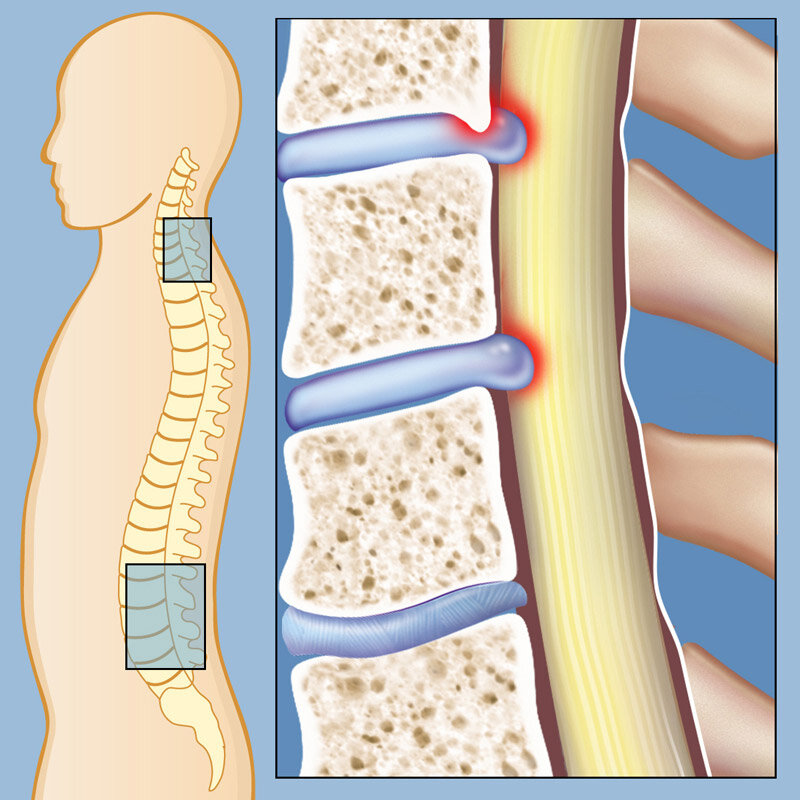Coping with Discomfort: The Significance of Support Systems and Psychotherapy

Experiencing pain can be a difficult journey that affects every aspect of life. Whether it's acute discomfort from an injury or the persistent agony of chronic conditions, pain can lead to physical limitations, emotional distress, and a lowered quality of life. https://fiskerskovbjerg.livejournal.com/profile , advances in pain control techniques and treatments offer hope and relief to those suffering. Understanding the meaning of pain management entails and recognizing the multiple approaches available are essential first steps in regaining a life without pain.
In this article, we will examine the different types of pain and the most effective management strategies available. From acute to chronic pain, each form of discomfort requires specific approaches that may include a combination of therapies, medications, and assistance. By delving into the science behind pain and assessing the role support systems play, we can discover valuable insights into how people can navigate their pain journeys with greater resilience and knowledge. Whether https://petersson-townsend-2.thoughtlanes.net/holistic-methods-to-pain-connecting-treatment-and-medicine are looking into physical therapy options, non-traditional therapies, or targeted pain clinics, the detailed resource ahead will shine a light on the path to wellness.
Grasping Pain Management
Pain management is a integrated approach to identifying and treating various types of pain. It covers a spectrum of therapies and interventions aimed at alleviating discomfort and enhancing the well-being for individuals suffering from short-term or long-lasting pain. By recognizing what pain is and distinguishing its specific types, healthcare providers can customize treatment plans that meet individual needs, helping clients regain control over their lives.
Acute pain typically arises from a particular injury or health issue and is often transient, while long-term pain remains over time, sometimes for years, often without apparent cause. Effective pain control recognizes these distinctions and employs different strategies, including drugs, physiotherapy, and integrative approaches, to provide comfort. Understanding these differences is crucial for deciding the most suitable management technique for each person.
Furthermore, pain management often necessitates a joint effort between healthcare professionals, including doctors, rehabilitation specialists, and psychologists. This cooperative framework provides a comprehensive treatment approach that not only focuses on physical symptoms but also addresses psychological aspects of pain. By fostering a supportive environment, patients are encouraged to participate actively in their healing journey and make educated decisions about their physical and mental health.
Treatments and Approaches for Alleviating Pain
Effective pain relief often includes a mixture of therapies tailored to an individual's particular needs. One of the most widely recognized strategies is physiotherapy, which concentrates on building up muscles, enhancing flexibility, and enhancing mobility. Through specific exercises and techniques, physical therapy can alleviate persistent pain conditions such as lumbar pain, arthritis, and fibromyalgia. Patients often report a marked reduction in pain levels and increases in their ability to engage in everyday activities.

Supportive therapies also play a crucial role in pain management. Chiropractic treatment, for instance, highlights spinal alignment and can be particularly helpful for those experiencing musculoskeletal pain. Similarly, massage therapy offers a hands-on approach to alleviating tight muscles and enhancing circulation, providing immediate comfort and relaxation for many. Acupuncture, an ancient practice that entails inserting fine needles into particular points on the body, has gained acceptance for its capability to activate the body's natural pain-relief mechanisms and reduce overall discomfort.
In addition to these physical therapies, there are a multitude of alternative treatments to consider. his explanation growing interest in CBD and medical marijuana highlights the move towards more organic options for pain relief without conventional opioids. Furthermore, mindful awareness and meditation techniques are gaining attention for their capability to manage stress and, eventually, lower pain levels. Each of these therapies contributes to a holistic approach, enabling individuals to take charge of their pain management journey.
Living Approaches and Assistance Systems
In managing pain, lifestyle approaches play a key role alongside professional therapies. Regular physical activity, for example, can improve mobility and reduce discomfort, particularly for those dealing with chronic conditions such as arthritis and lower back pain. Activities like strolling, swimming, and yoga can tone muscles, improve flexibility, and release endorphins, which instinctively alleviate pain. Integrating nourishing foods into one's diet can also help reduce overall pain levels by diminishing inflammation, offering a dual approach to managing discomfort.
Support systems, including family, friends, and healthcare providers, significantly influence an individual's skill to cope with pain. Psychological support can lead to improved pain management outcomes by encouraging a positive mindset and reducing stress. Joining aid groups can provide a sense of community and collective experience, which can be therapeutic in itself. Having someone who understands the battle of living with pain can make a meaningful difference in how individuals view and cope with their condition.
Psychological health also plays an integral role in pain management, highlighting the necessity of a holistic approach. Mindfulness and meditation can help individuals develop coping strategies that reduce the psychological and emotional burden of chronic pain. Engaging in soothing techniques can lessen stress levels, which often intensify pain sensations. Combining these lifestyle changes with a solid support system creates an environment conducive to recovery and better quality of life for those dealing with ongoing pain.
